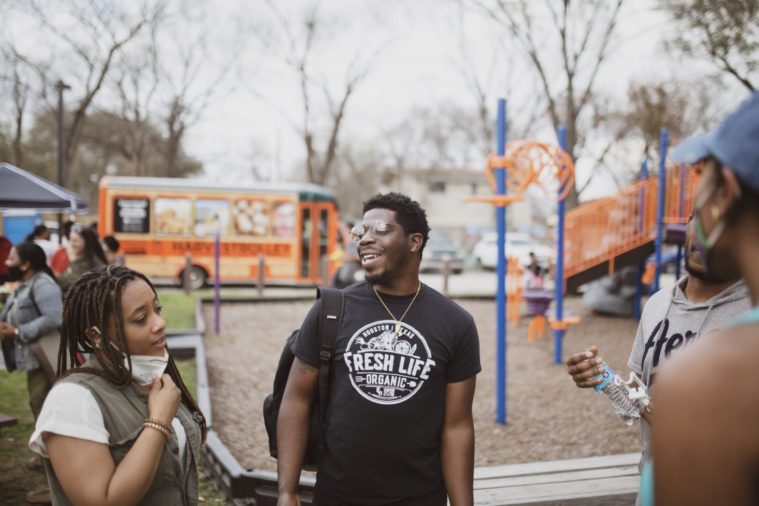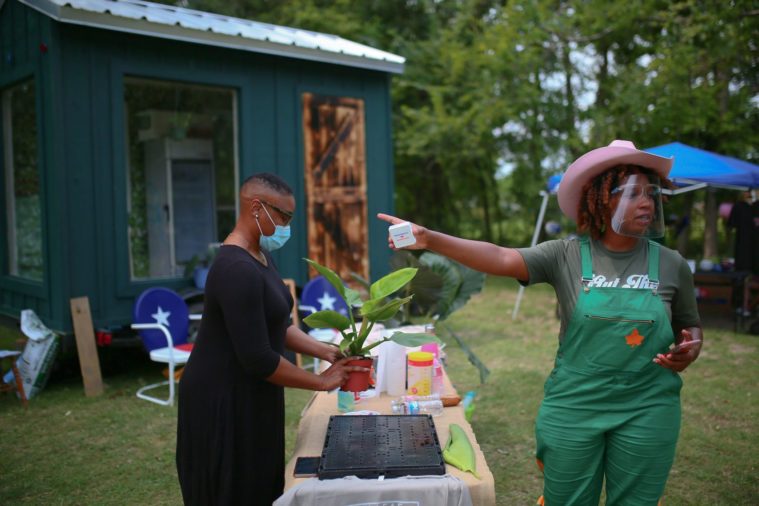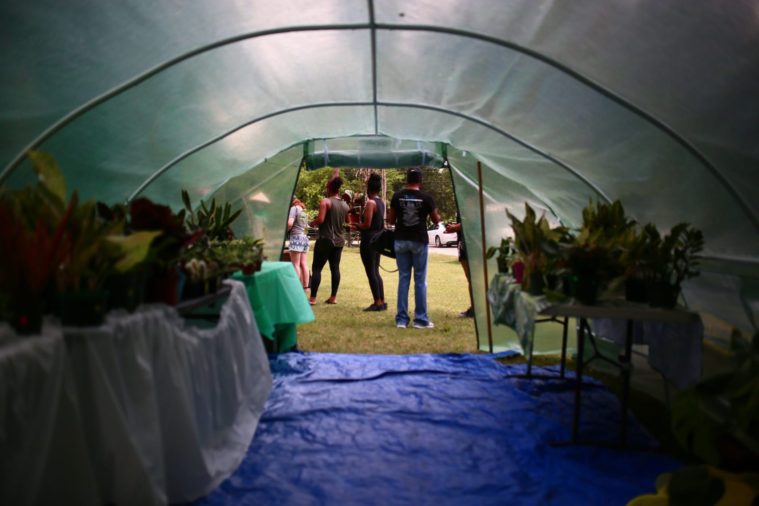This story was originally published by Scalawag, a journalism and storytelling organization that disrupts dominant narratives about the South.
Texas is home to more Black farmers than any state. The USDA’s Census of Agriculture estimated in 2017 that of the 3.4 million farmers in the United States, roughly 48,000 are Black, and nearly a quarter of them are located in the Lone Star State.
The number of Black folks sinking their hands into Texas soil, however, used to be much larger. The early 1900s witnessed the terrors of Jim Crow, which ran Black families in Texas off of their own land. The societal and business practices of the 1950s didn’t allow Black farmers access to the fields and credit necessary to keep their farms afloat, and by the 1980s, an estimated 170 farms a week were being forced into foreclosure, most of them Black-owned.
In recent years, Black farmers were also overlooked and undercompensated by the stimulus package put forth by President Trump. In a Washington Post interview, Secretary of Agriculture, Tom Vilsack stated, “We saw 99 percent of the money going to white farmers and 1 percent going to socially disadvantaged farmers, and if you break that down to how much went to Black farmers, it’s 0.1 percent. Look at it another way: The top 10 percent of farmers in the country received 60 percent of the value of the COVID-19 payments. And the bottom 10 percent received 0.26 percent.”
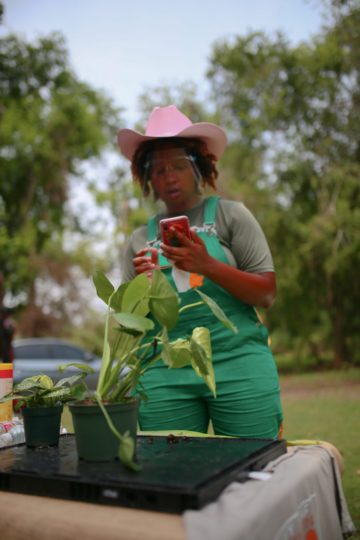
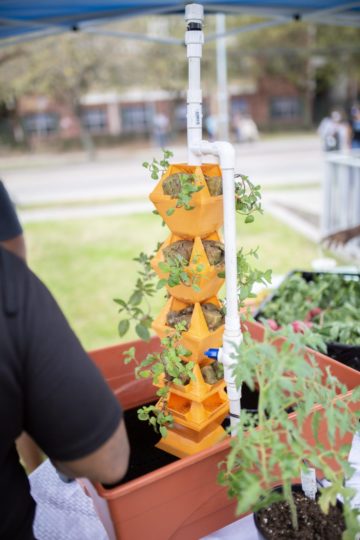
But that’s not the whole story. Despite the difficulties, the percentage of Black farmers nationally has increased slightly over the last 20 years. A new crop of Black urban farmers in Houston are continuing traditions and pioneering innovative solutions to address food insecurity, community sustainability, and nutritional wellness. And while the majority of the $4 billion recently earmarked for Black farmers in H.R. 1319—The American Rescue Plan—went towards eradicating debt, a portion of the funds were allocated to direct payouts for farmers.
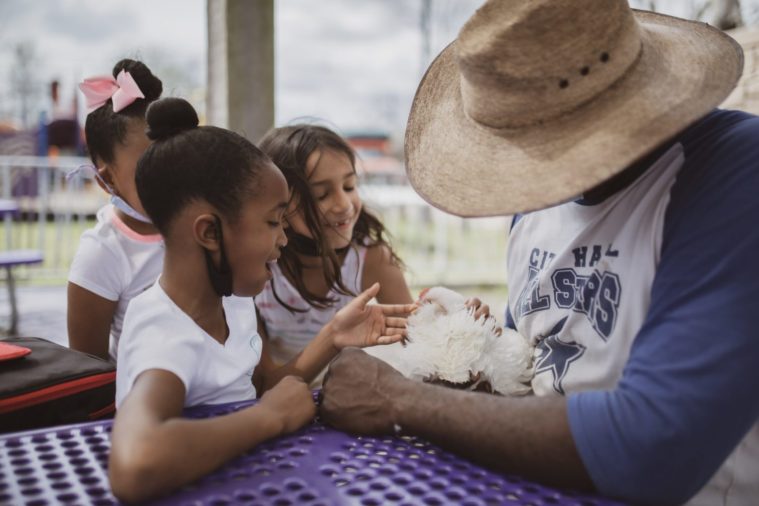
This photo essay celebrates Houston’s Black farmers who are busy tilling the soil and feeding the people. Whether its Ivy Wells, who left her corporate job to start Ivy Leaf Farms and address the local issue of food deserts; Jeremy Peaches, who started Fresh Life Organic Produce Company & Agricultural Consulting Firm to provide fresh produce to urban and rural communities; or former NASA scientist Robert Harding, who took his knowledge of space to Earth by applying the latest developments in hydroponics and vertical farming to the urban environment, the seeds have been sown for the next generation of Black Texas farmers to feast on the fruits of their labor.
